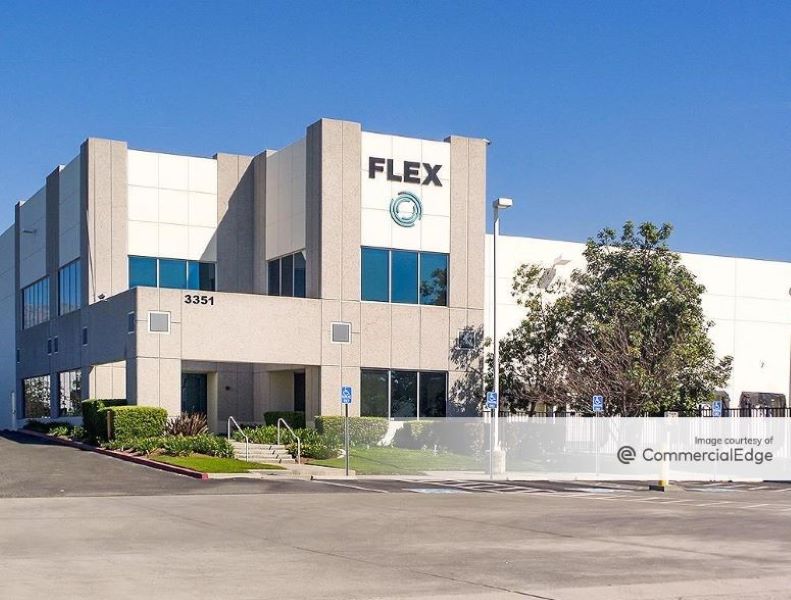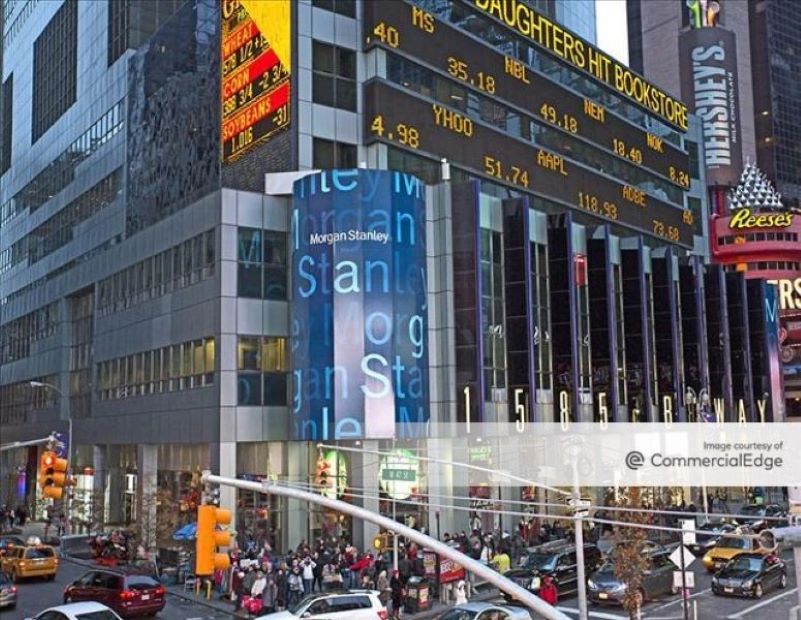Lodgian’s Stockholders Green Light $270M Merger with Lone Star
Lodgian Inc. shareholders met on "Tax Day" to sign off on a deal that calls for Lone Star affiliates LSREF Lodging Investments L.L.C. and LSREF Lodging Merger Co. to acquire the hotel company for a cash sum of $2.50 per share for all outstanding stock.
By Barbra Murray, Contributing Editor
With the economy in the dumps and unemployment at a staggeringly high level, hotel patronage has plummeted, but some burdened hospitality companies, like Lodgian Inc., have managed to find a savior. A life vest in the form of affiliates of Dallas-based global investment firm Lone Star Funds are well within reach of the drowning Atlanta-based independent hotel owner and operator, now that Lodgian stockholders have signed off on the $270 million merger agreement that will take the company private and place it on firmer financial ground.
Lodgian shareholders met on “Tax Day” to sign off on the deal, which calls for Lone Star affiliates LSREF Lodging Investments L.L.C. and LSREF Lodging Merger Co. to acquire the hotel company for a cash sum of $2.50 per share for all outstanding stock. The transaction includes LSREF’s assumption of existing debt.
Progression of the merger agreement to the desk of Lodgian shareholders did not transpire without difficulty. On Jan. 26, just days after the announcement of the deal with LSREF, a group of Lodgian stockholders initiated a putative class action against the company, accusing members of the board of directors of having breached their fiduciary obligations to stockholders by approving the merger. The shareholders asserted that the offering price was insufficient and the board’s approval process flawed. The $2.50 per-share offer constitutes a premium of approximately 67.2 percent over Lodgian’s closing common share price during the month-long trading period preceding Jan. 15.
More accusations followed as the plaintiffs amended their complaint to include an additional allegation on Feb. 23. After much legal wrangling–the complainants later filed a motion for a temporary restraining order to block the merger–Lodgian consented to settle the putative class action with a proposal to, among other commitments, refrain from objecting to the plaintiffs’ counsel’s court application for as much as $240,000 in fees and expenses.
Now that the shareholders’ approval is in hand and associated legal woes have been sorted out, the proposed Lodgian-LSREF merger is on track to close on April 19. At that point, Lodgian will emerge as a wholly owned subsidiary of LSREF, bringing with it a portfolio of 27 mid-scale, upscale and upper-upscale hotels encompassing 5,230 rooms across 18 states.
With strong, new financial backing in place, Lodgian–still one of the country’s largest independent owners and operators of full-service hotels–will be well positioned to thrive upon the hotel industry’s turnaround. The company has had quite a rough go at it. In 2009, its portfolio’s RevPAR dropped 18 percent–not that the entire U.S. lodging industry escaped great losses. According to Smith Travel Research, the average RevPAR for U.S. hotels fell 16.7 percent in 2009. However, things appear to be looking up for the hotel sector. According to a first quarter 2010 report by Marcus & Milichap Real Estate Investment Services, “Expected strengthening of the labor market and other key economic measures will generate room demand and position the hospitality sector to post improved results this year; in fact, a recovery in the sector has already begun.” The average occupancy level is expected to increase 40 basis points to 55.4 percent in 2010.






